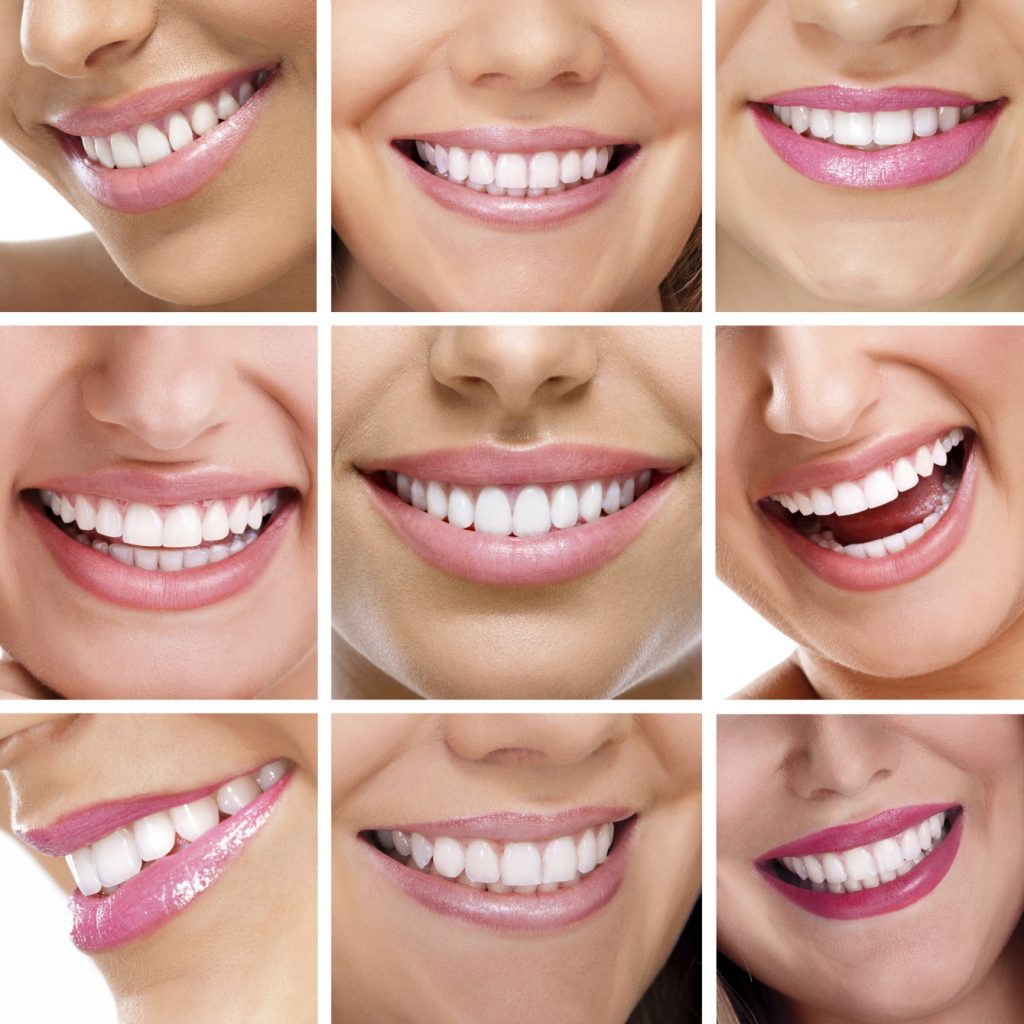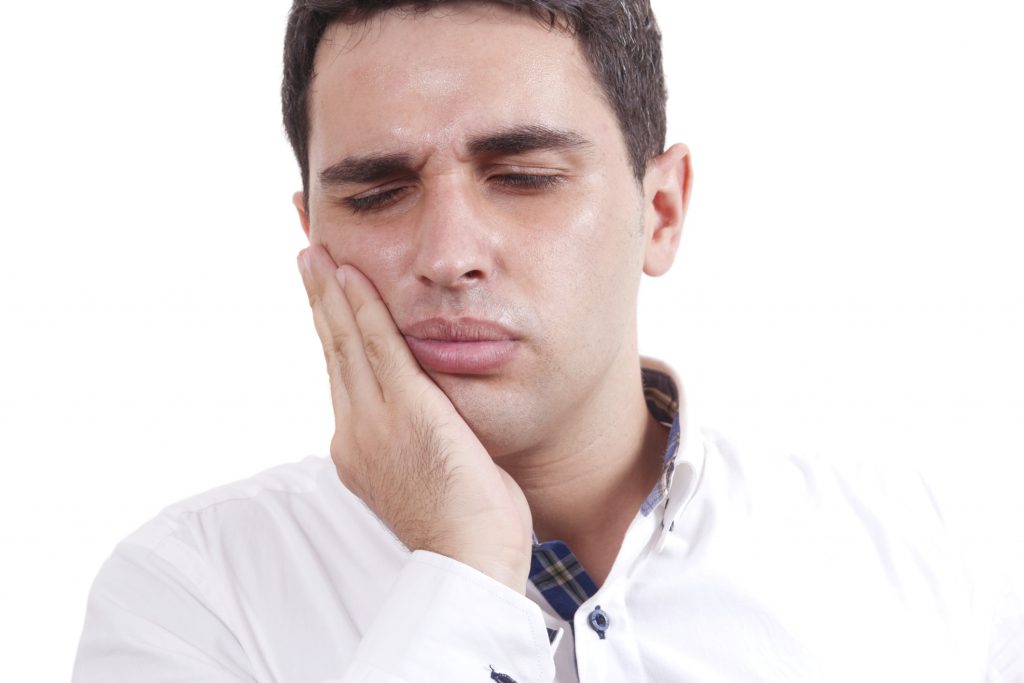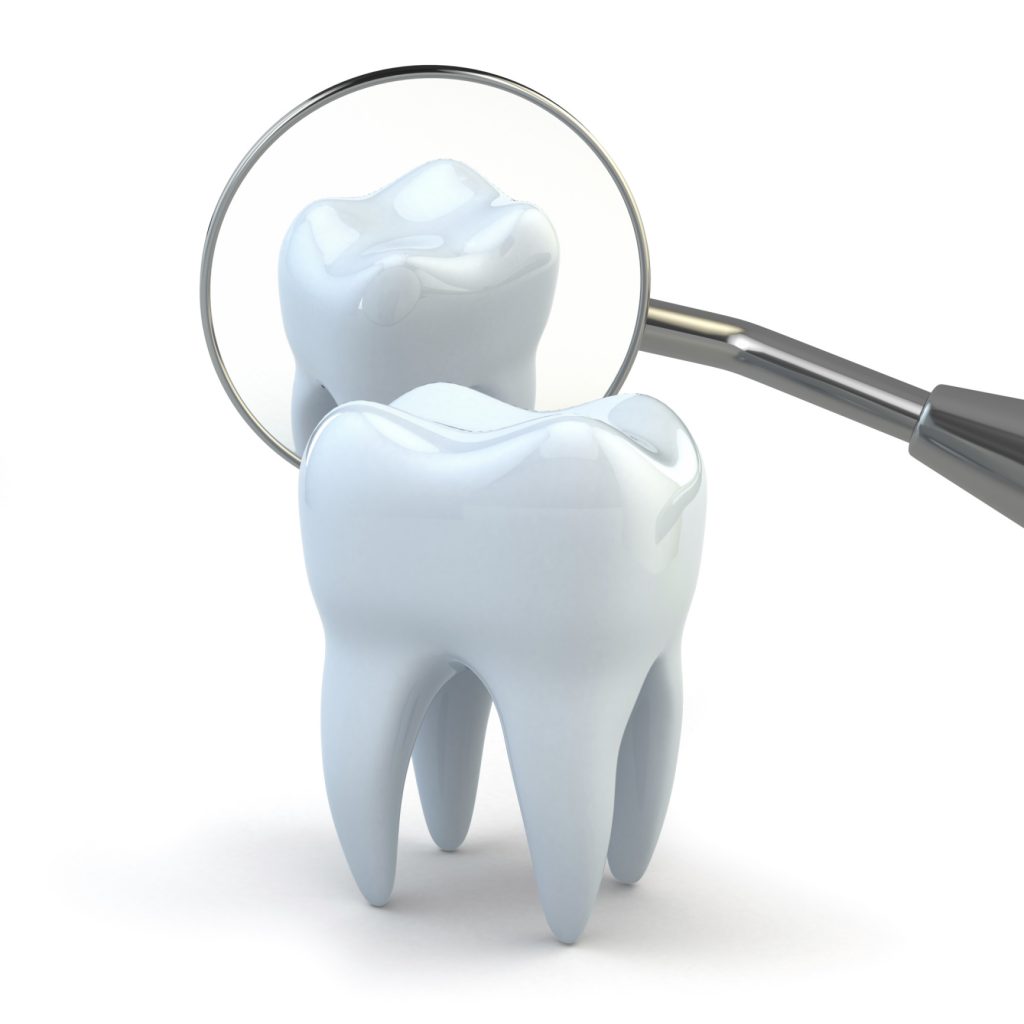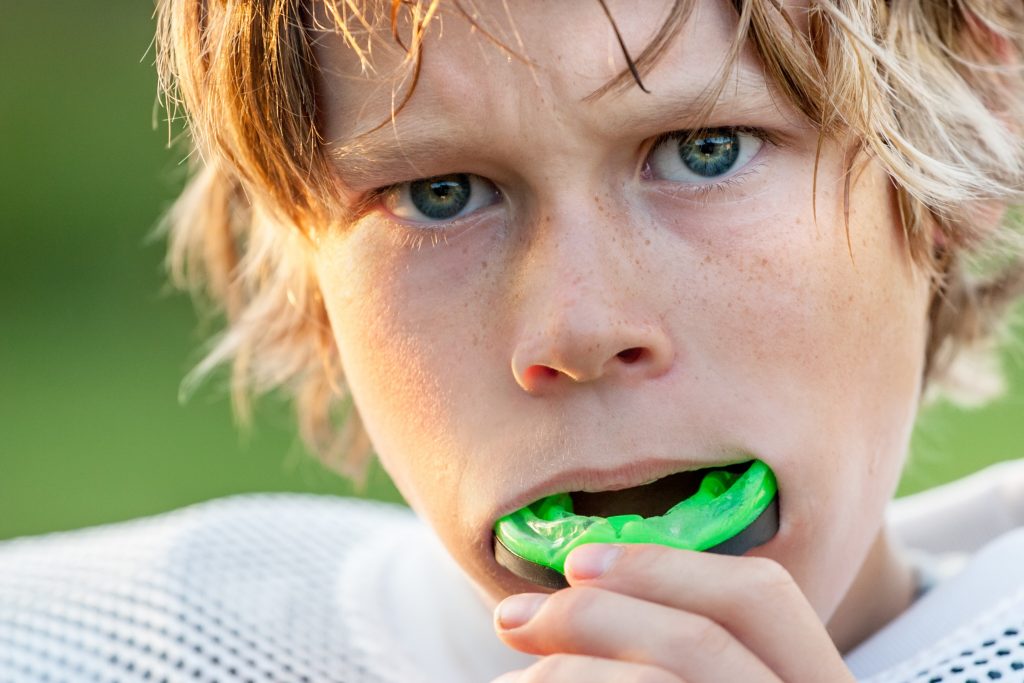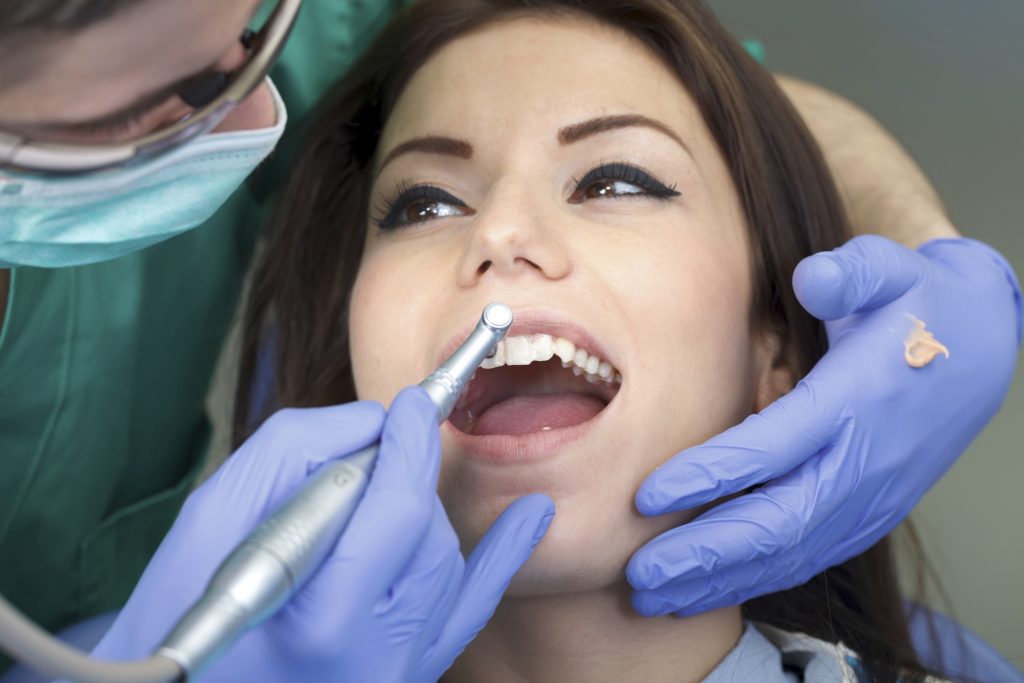
If you have a toothache, then you want to consider all of the symptoms that you have. This is because when there is a fever that comes along with the aching tooth, then you need to make sure to have this looked at.
Why a Fever is a Bad Thing with a Toothache
If you don’t have the flu or a viral bug but a toothache that doesn’t go away and continues to persist, then you may have an infection. This infection can travel through the body and into places you don’t want it to reach. It can become dangerous to the person.
This is why it is important to speak with our office when you notice a toothache. Having it taken care of right away is always the best way to go about any sort of oral pain.
If you do not contact us immediately, and the pain persists, plus you develop a fever, then you need to contact us right away. This is a dental emergency and you need to speak with our dentists regarding a pain medication, anti-inflammatory and antibiotic that you should be started on.
Usually, when there is pain and a fever, you will also notice a painful, pus filled area under, to the side or inside of the infected tooth. This is an abscess that is filling with the infection. Our dentists can take care of this issue for you.
Reach Out to Us Now for Help Managing Your Situation
Speak with us today regarding the toothache and fever that you have. This is a serious issue that needs to be addressed and our dentists are equipped to handle it. We will provide you with a way to get the help needed so you can take care of the infection and tooth, while also removing the pain. You don’t have to deal with it, call us now.
For more information about toothache pains, call Dr. Frank S. Sciabica in Issaquah, WA at 425-392-3900 or visit www.issaquahdentists.com.
Dr. Sciabica proudly serve patients from Issaquah and all surrounding areas.


